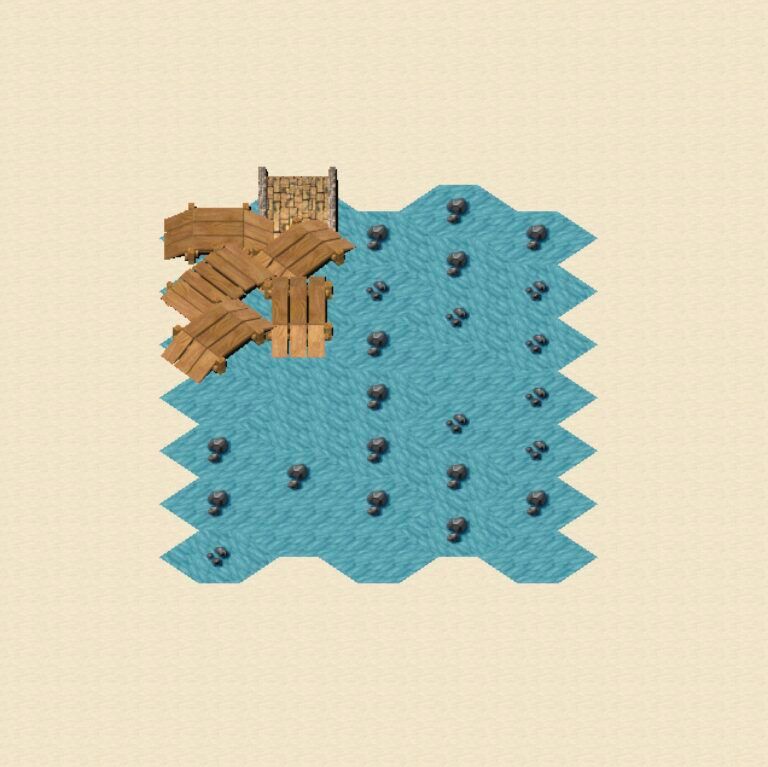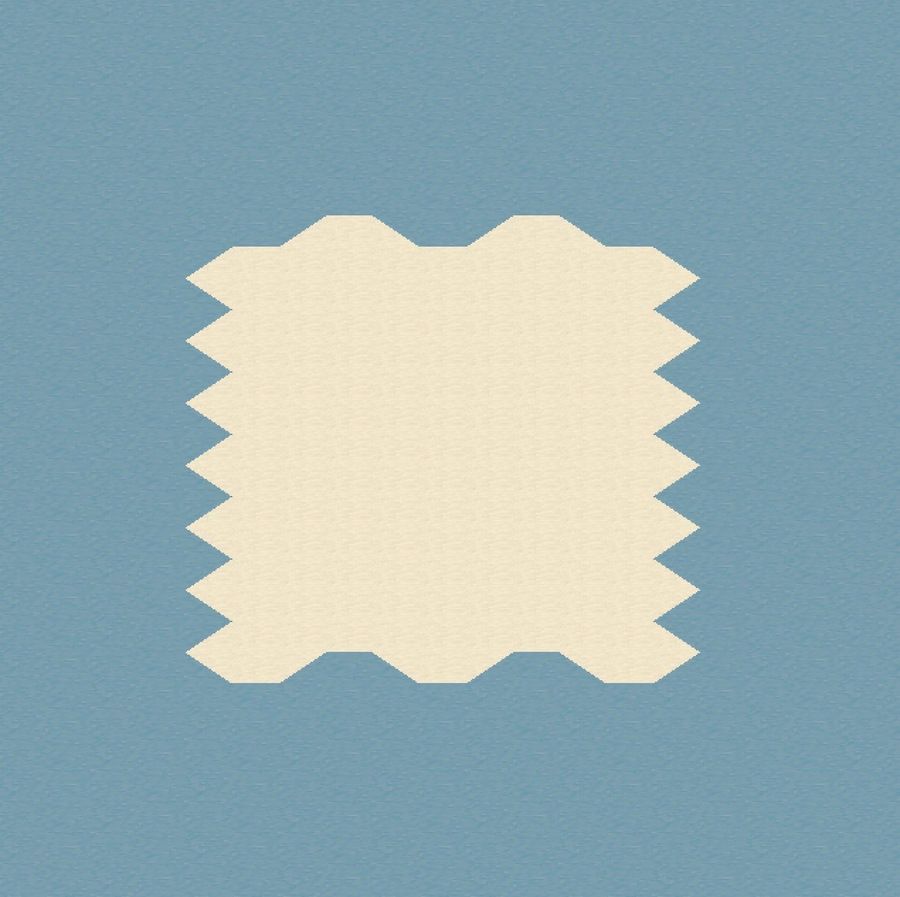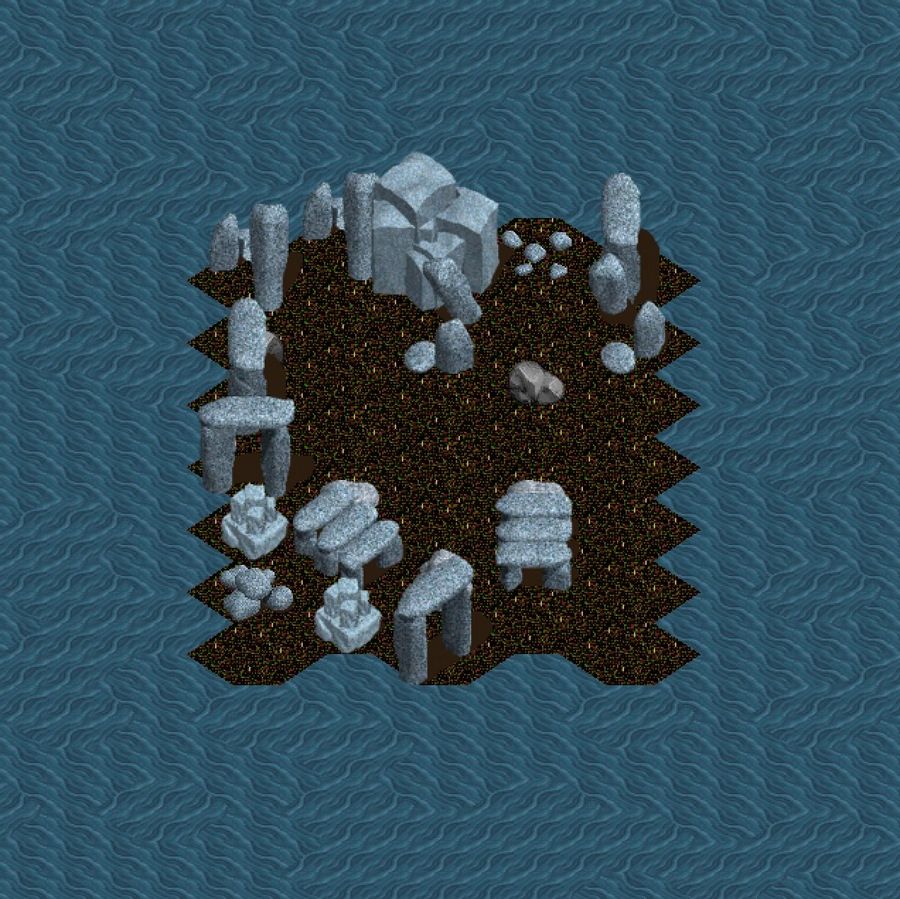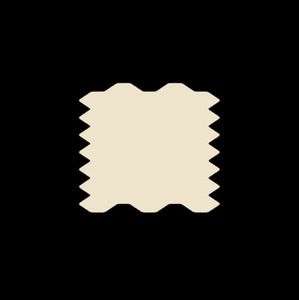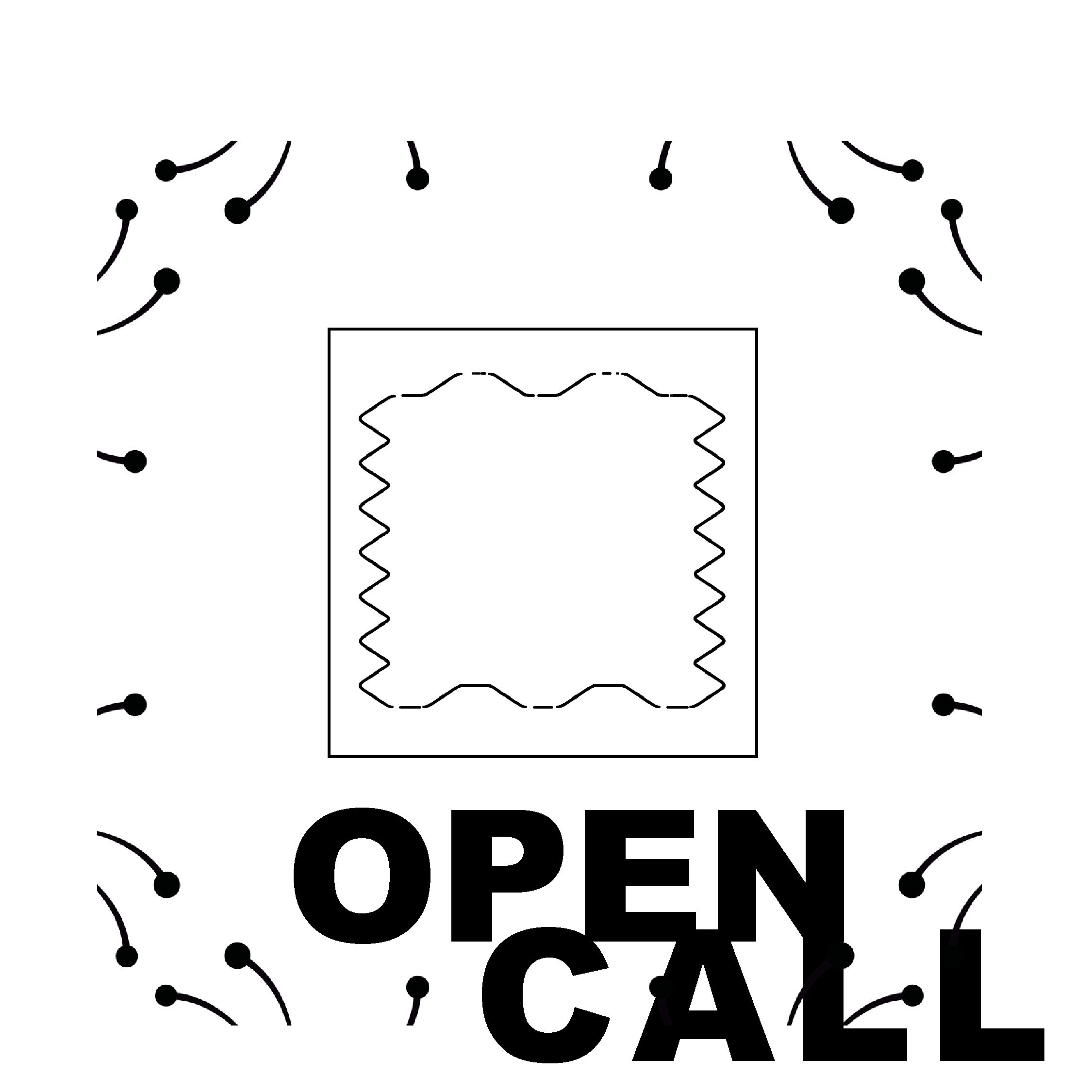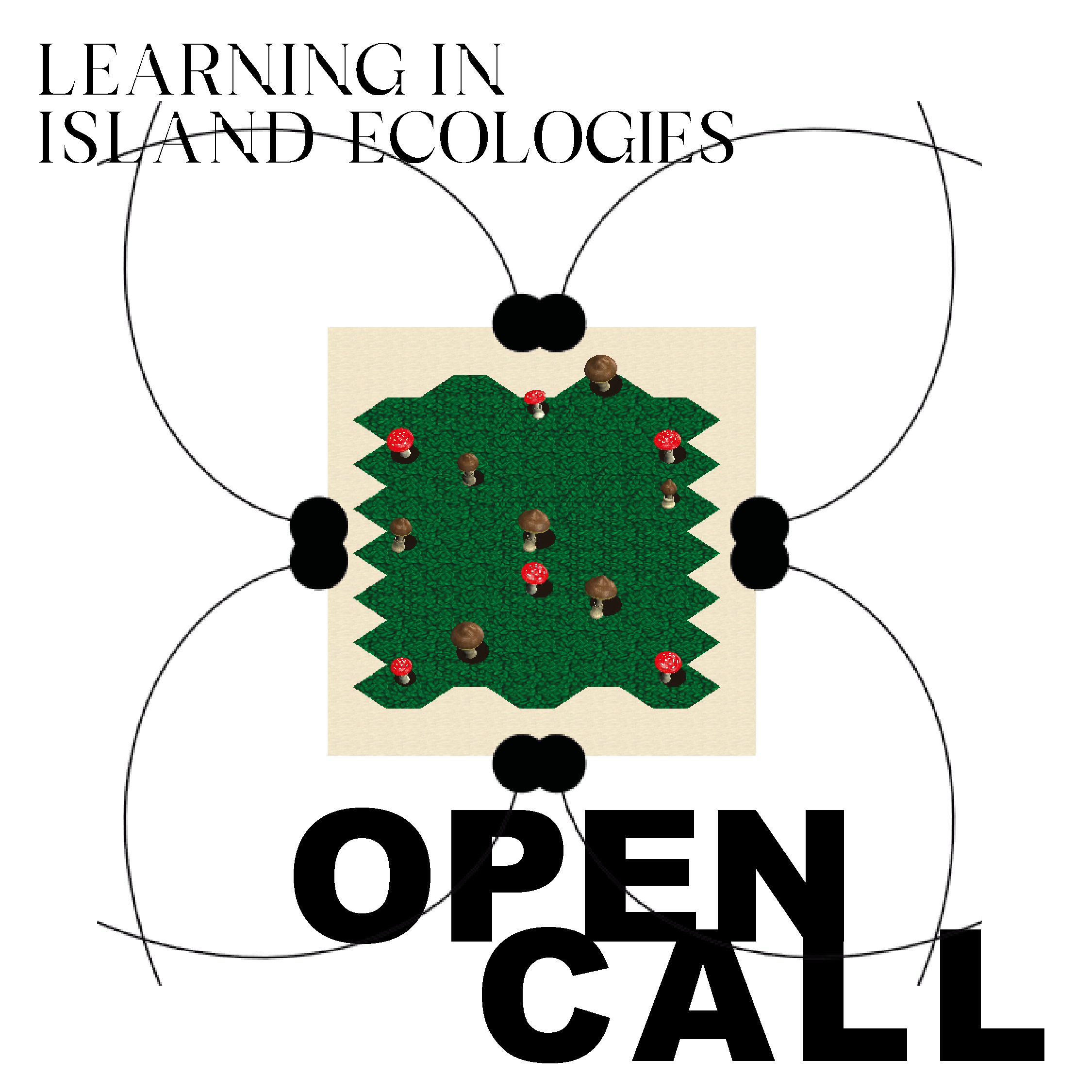Playthrough Island Forge
Learning in Island Ecologies
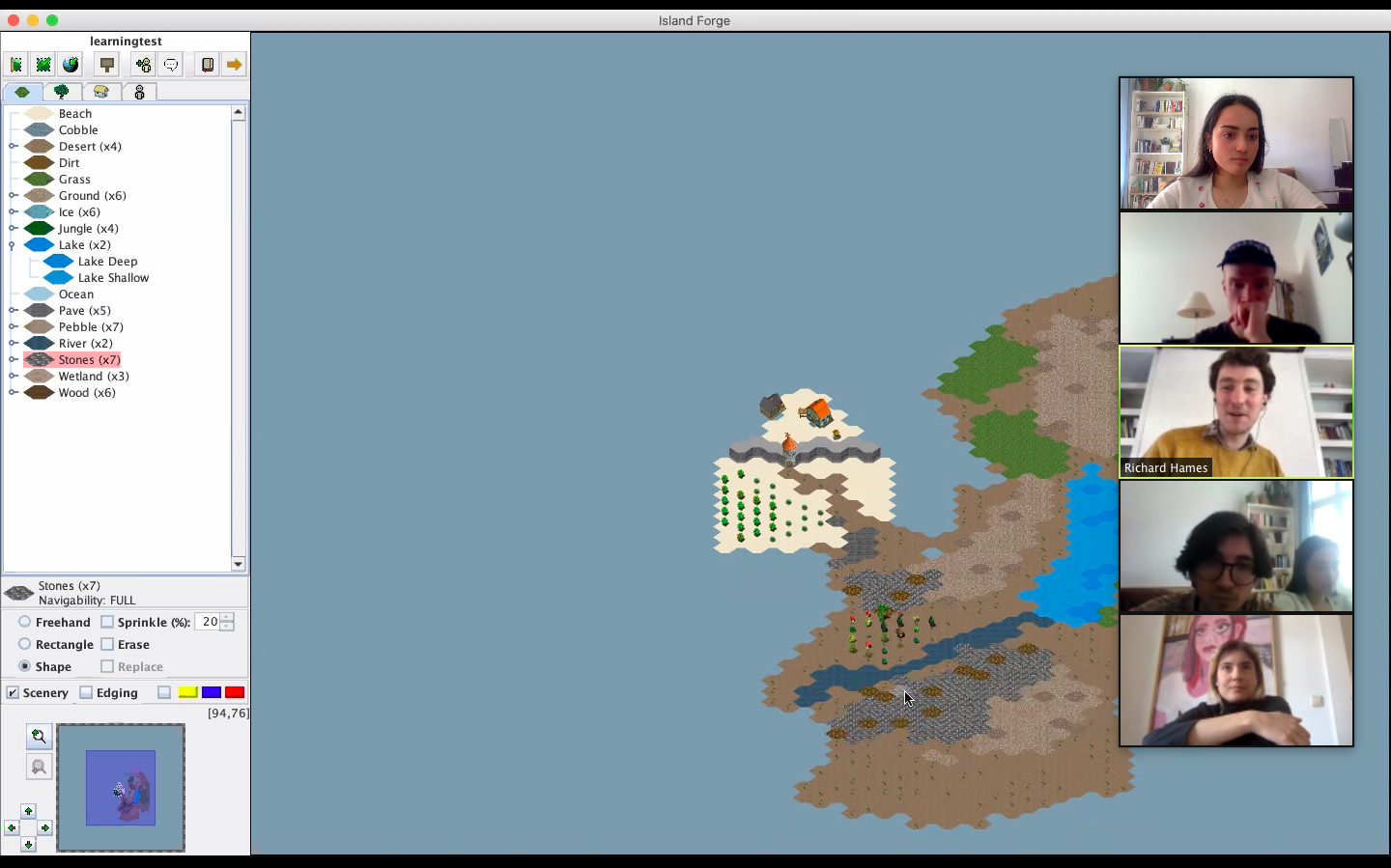
Learning in Island Ecologies is an online collective learning format and experiment revolving around the possibilities and limits of distant learning. The online workshop has three conceptual foci: three islands, Scientific Modelling, Archipellagic Storytelling, and Social Design. Our learning environment was situated in an online RPG, namely Island Forge which we visited with 12 selected participants from all over the world. The LEARN comprised a two-month long and biweekly scheduled reading group on the topics of Scientific Modelling, Archipellagic Storytellings and Social Design. The sessions were preparatory for the groups community building and served for helping achieving a fruitful discussion on the extensive and practical oriented experiment day.
While we were or still are in a condition of existential quarantine — either right now, in our houses, or in the carved-out roles we have suddenly stopped playing, or against the backdrop of a vast and indifferent universe. Does the meaning of learning rely on further communication down the line? Does it rely on every isolated island hiding a secret underlying archipelago? Does this moment of global fragility, when we can all suddenly turn the tap of sociality on and off at will, generate, like island ecologies do for their animals, learning styles with island gigantism, learning styles with a high rate of island endemism, learning styles with reduced sexual selection? We propose to find out.
LEARNING IN ISLAND ECOLOGIES is an intensive 1-day experiment. 12 participants will be split up into groups of four researchers and set upon tasks of our devising: tasks of modelling ideal communities, tasks of narrating isolated and archipelagic stories, tasks of scientific modelling in an age of runaway contagion. The whole experiment will be submerged into the online world — in part the nostalgic RPG Island Forge, a visually obsolete, but somehow still running, online game made of player-created virtual islands. Our avatars and we will visit three topical islands: scientific modelling; archipelagic storytelling; and idealised social design. From the problems we find there, we will develop concepts, proposals, and ideas under these conditions of artificial isolation, before being reintroduced to each other to circulate what we have learned and discovered. This oscillation between isolated islands and connected archipelagos, this alternation between quarantine and exchange, will, we hope, produce novel conditions of learning and thinking. A public-facing online stream of content and an archival website will cap the project, although anything you wish to keep secret, safe, isolated, can be.
We will structure the three sessions on the day around three problems, one on each island:
1. Modelling: Each group will receive a problem of scientific modelling. Our aim is to generate doubts, opinions, insights on how the representation and the visualisation of certain phenomena as modelled by practitioners. Questions regarding the intervention of socio-political values in epistemic practices (e.g. how scientists select relevant information, how communities perceive those visualisations, what kind of relation occurs between practitioners and local communities) will arise.
2. Storytelling: As the ultimate utopian space are islands, this session will revolve around the imaginaries of islands in archipelagic formations. Actual or speculative design projects will be discussed and taken as point of departure for collective storytellings.
3. Social design: The third island will focus on the practical problem of designing model communities. Each group will be asked to model communities — like islands — which can satisfy the formal constraints of isolation, self-sufficiency, and a degree of metastability. In the third part of the day, the groups will reconvene to share their findings.
At the end of each session, the groups exchange their research. They render transportable what has been dense and wet. These new concepts are then added into a pool of ongoing collective knowledge. Participants are then given another prompt utilising both the diverse expertise of the group and the already-developed concepts from the last round. Repeat the process for each session. The groups will continue forming new concepts. This might lead to a collective collection of concepts, or it might mean that groups diverge. Over these three sessions, a collective group thought process will emerge.

Simultaneously, another group — us — which has access to all the various groups, oversees and takes notes on the processes of collective learning and research. They explore similarities between typical features of island ecologies (high levels of speciation, gigantism, and high endemism) and learning in isolated environments.
The research and concepts that are generated are highly private and specific to the group that makes them while the research is ongoing. And also, the collective research doesn’t come into contact with the outside world, even after the project is over. It remains a kind of island. What is presented to the public is the research into the group dynamics of learning in collective but isolated, contexts, abstracted away from its content.
Once the project will be done, we intend to share the findings of our LEARN in the following ways:
1. We will make a stream of content from the LEARN, presented on Twitch or another non-live but audiovisual format.
2. An online pad to exhibit the workshop’s findings. It will allow distant visitors to openly access the visual materials on island ecologies and stories gathered throughout the workshop. A collection of materials will not only include the productions of the participants but also share research tools and links.

Andrea Giuseppe Ragno
Andrea Ragno is a postgraduate student at the London School of Economics and Political Science.
Lunchtable – Learning in Island Ecologies
17.04.2020, 12:00–14:00 (CET)

We will first meet on zoom and then go on an exploration together on island forge. ~Please download the game and java player beforehand and create your avatar. Looking forward to island hopping with u! Find out more
Call for Participation: Learning in Island Ecologies
20.09.2020 — 03.05.2021, Submission until May 3
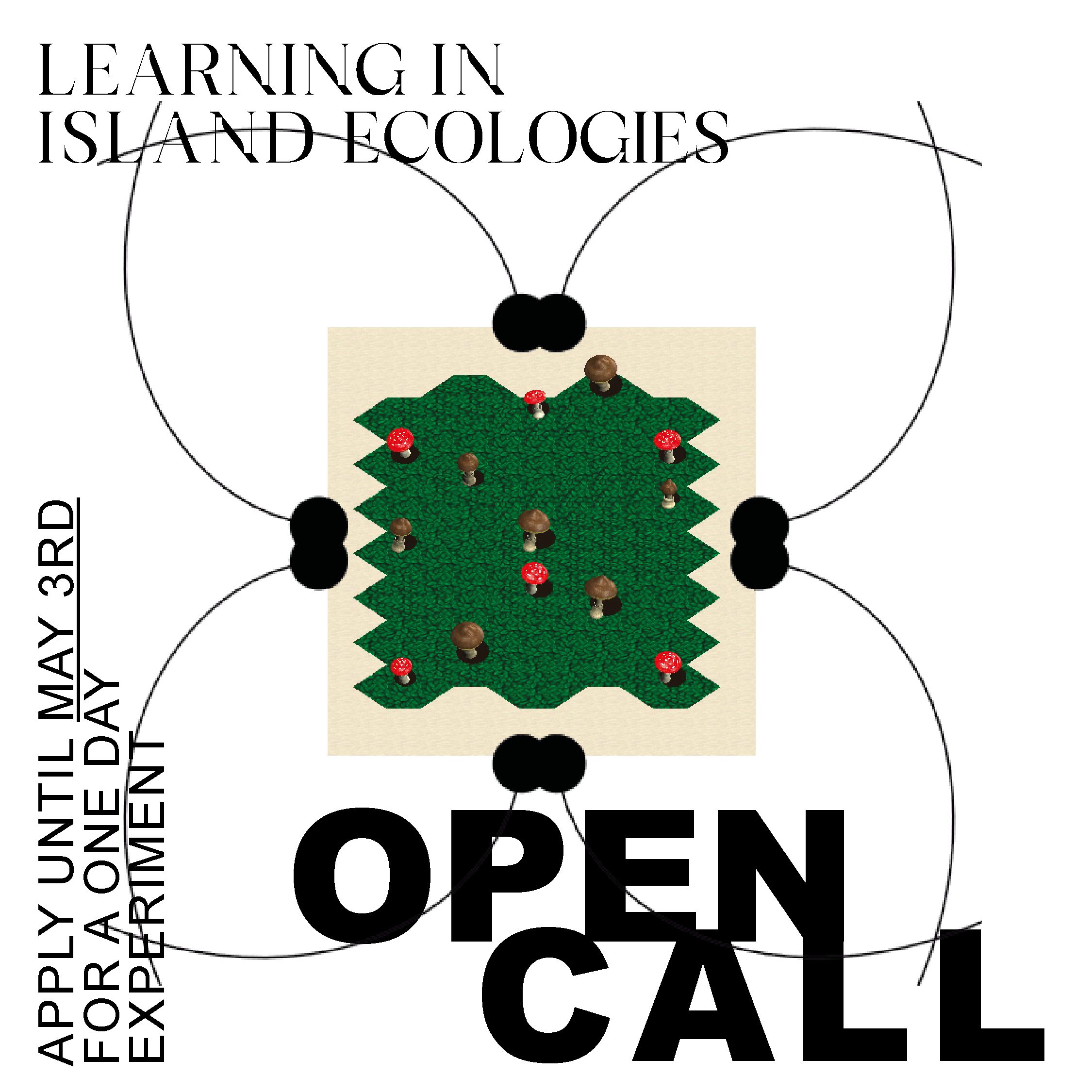
While we are all apart, we wonder: How does our collective isolation affect our capacity for learning? Learning in Island Ecologies seeks to answer. Find out more
A short reflection on what COVID-19 teaches us about science

An essay which offers a welcome respite in thinking about the future of knowledge production and its rootedness in community. Part of "Learning from COVID19: Reflections on knowledge-related commons and practices of self-organization amidst COVID19." Read more
